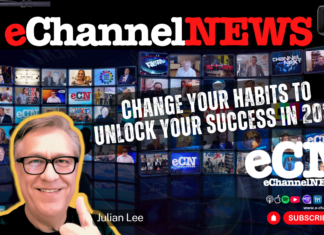The company on Tuesday switched the so-called MiniStore feature to give users the choice of turning it on, rather than having it automatically activate with its new version update of iTunes.
The company introduced the recommendation feature last week. The MiniStore window pane with music or video suggestions pops up as users play songs from their libraries.
The feature requires that the information on the songs being played be sent to Apple, which in turn churns out related music titles. It’s a type of customization that an increasing number of digital services are adopting.
This differs, however, from, say Amazon.com Inc., where product recommendations emerge as users shop the site, and they presumably understand that whatever data they are inputting online is being sent to Amazon.
With the MiniStore, that exchange of information occurs in the background while users may not even be connected to Apple’s iTunes online music store.
The new feature raised some fears over whether Cupertino, Calif.-based Apple was collecting information about a user’s private listening session. Apple says it was not storing any of the user data, but posted that point along with the software changes a week later.
“We’ve listened to our users and made access to the MiniStore an opt-in feature,” Apple spokesman Tom Neumayr said Thursday.
In the note to new users, the company clearly states, “As you select items in your library, information about that item is sent to Apple and the MiniStore will show you related songs or videos. Apple does not keep any information related to the contents of your music library.”
Digital video recording provider TiVo Inc. faced similar privacy concerns years ago when it was among the first to introduce an automated recommendation service based on a user’s viewing pattern. TiVo users must agree to opt in for the service if they choose to use it.













